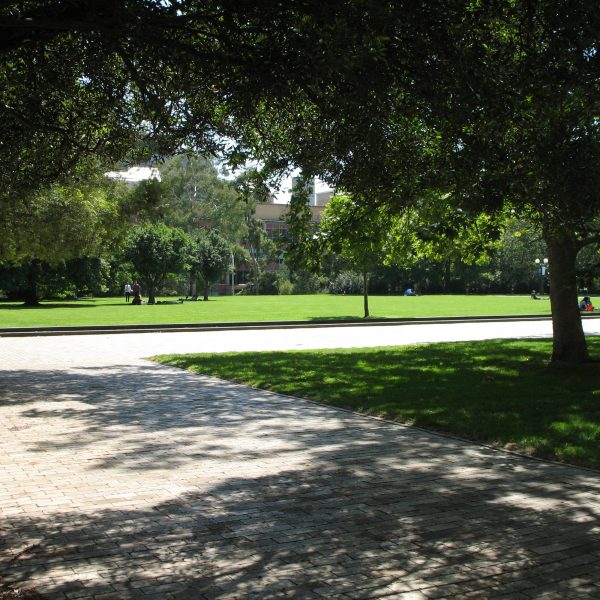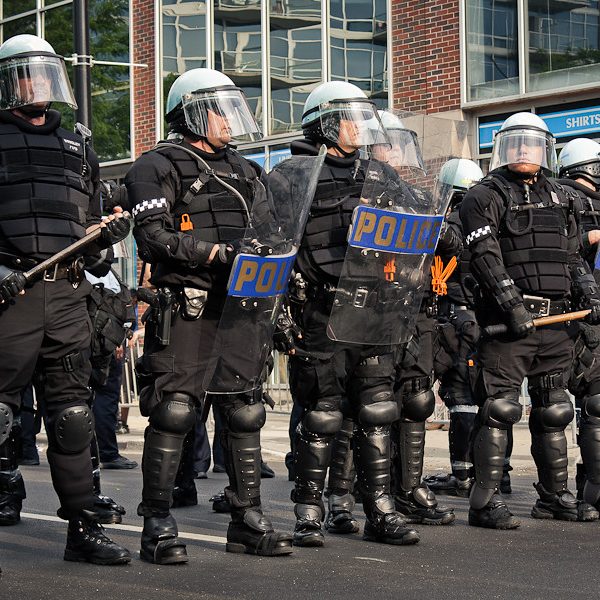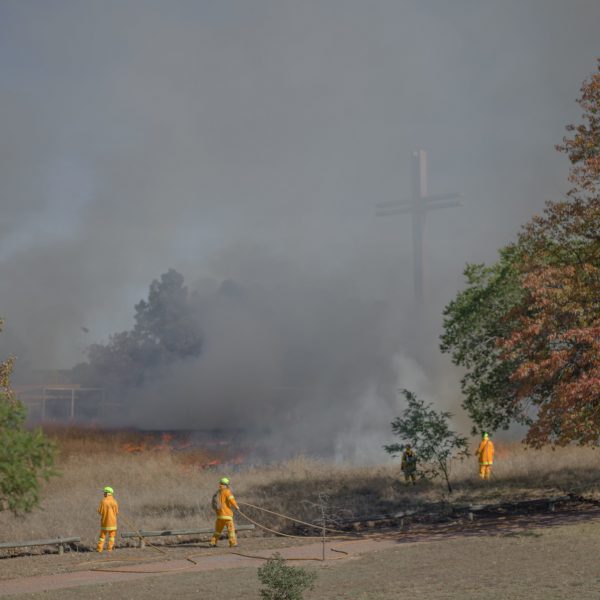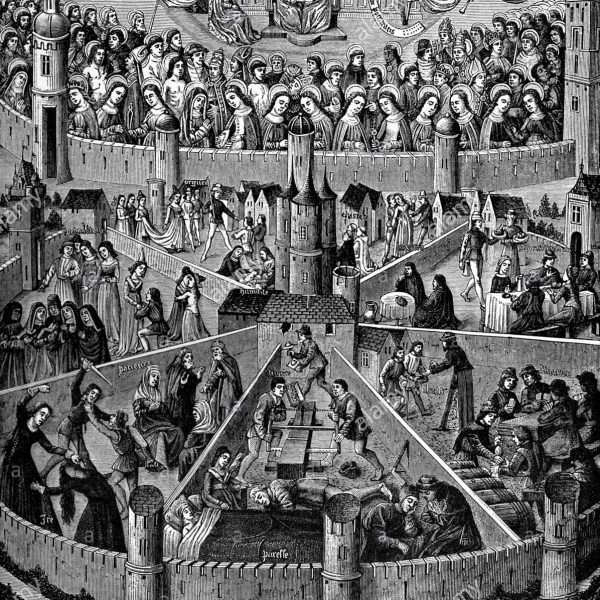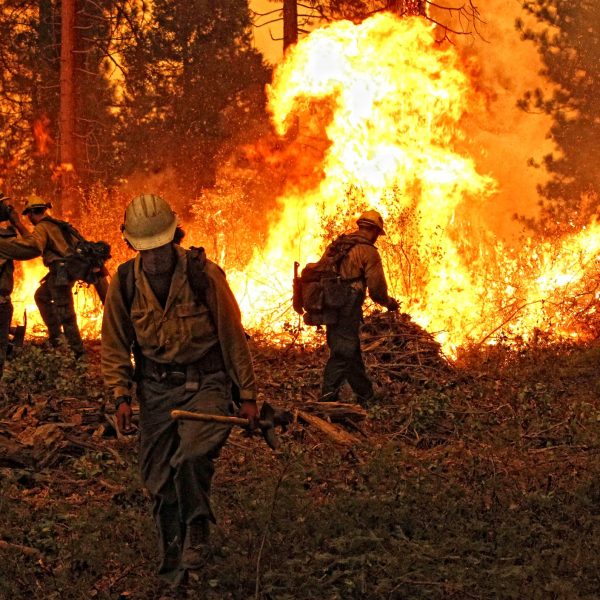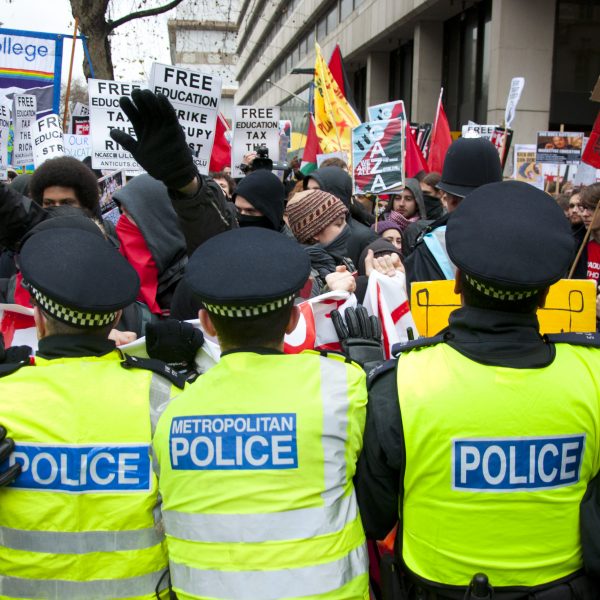
Where the parliamentary organization of the Kingdom took care of the horizontal unity of Crown law, the advent of the new police both represented and ensured its vertical unity, from the streets of Whitechapel to the halls of Westminster.

Born out of the recognition that the place of guns in the United States cannot be adequately explained via statistical data—that qualitative accounts are urgently needed—these approaches aim to understand the logics of self-defense and self-preservation at play in forms of life in which guns have been incorporated.

A central feature of political theology is to expose the problematic ways in which modern political thought attempts to suspend or conceal religious and theological frameworks and, conversely, the ways in which religious and theological belief and practice is itself a mode of political and economic governance

…theologies of disability can aid human flourishing, because caring for people of varied abilities made in God’s image allows us all to create more just and compassionate political systems
